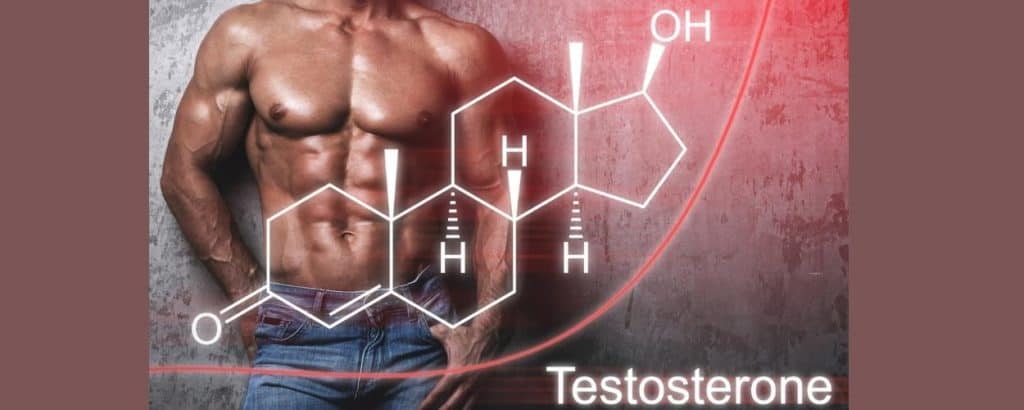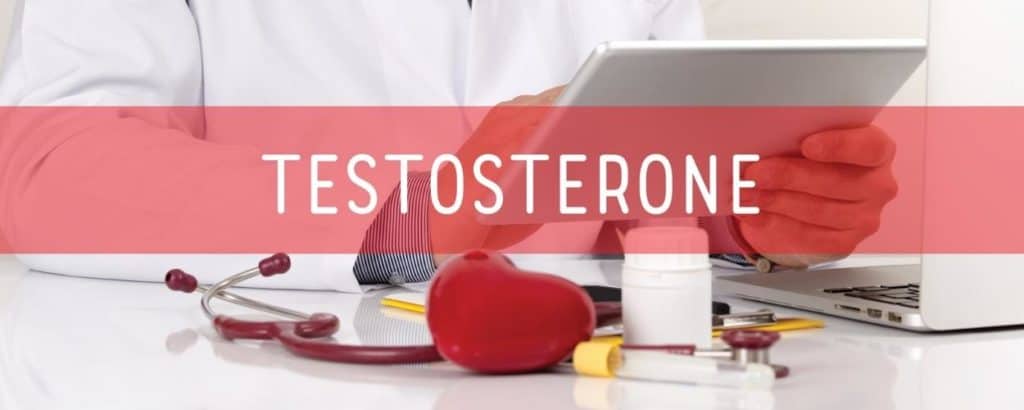A great way to make sure you are doing this correctly is to repeat the words in your own words and verify that you understood.
Evaluating the impact of testosterone replacement therapy on mental health is an important and timely area of research. There is increasing evidence that testosterone levels can impact mental health outcomes, such as depression, anxiety, and overall well-being. Furthermore, there is growing evidence that testosterone replacement therapy can improve mental health symptoms. As a result, researchers are interested in exploring the potential benefits of testosterone replacement therapy on mental health outcomes. To this end, many clinical studies have been conducted to evaluate the safety and efficacy of testosterone replacement therapy in improving mental health outcomes. The results of these studies have been mixed, with some finding that testosterone replacement therapy can improve mental health symptoms, while others have not found a significant benefit. Therefore, it is important to continue evaluating testosterone replacement therapy's impact on mental health outcomes. Additionally, it is important to consider the potential risks associated with testosterone replacement therapy and the individual's overall health status before starting any testosterone replacement therapy.
Convenience is important. You may need to take estrogen blockers or donate blood. These are both common side effects of HRT. We handle these at the clinic, which will save you both time AND money.





